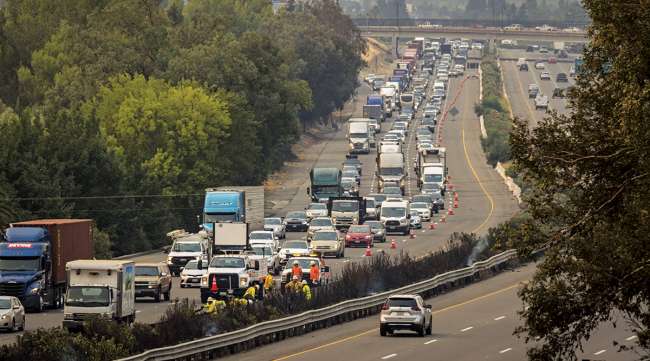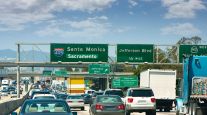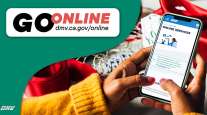Staff Reporter
California Seeks 150 Participants for Road User-Charge Research

[Stay on top of transportation news: Get TTNews in your inbox.]
As part of continued work to study an alternative to the state fuel tax, the California Department of Transportation is seeking 150 volunteers for road user-charge research.
The California Road Charge Phased Demonstration program, represented in four phases, is meant to explore how drivers could be charged for the miles they travel, rather than the fuel they use. The program outlines several methods for collecting revenue, such as paying at the pump or at electric vehicle charging stations, or through a usage-based insurance approach.
Through the insurance-related approach, state officials would coordinate with insurance companies, which could use mileage numbers to calculate someone’s road charge and add it to his or her bill.
In California, the excise tax rate is 38.5 cents per gallon on diesel and 50.5 cents per gallon on gasoline. Fuel taxes are California’s primary source of state funding for road and highway projects. However, because vehicles have become more fuel-efficient, Caltrans is testing various options that assess mileage fees based on drivers’ use of the roads.

Omishakin
“Caltrans is continuing its research to explore how a future road user charge can fund transportation projects throughout the state,” Caltrans Director Toks Omishakin said. “We want Californians to join us in testing payment options that will inform our research in designing an equitable and sustainable road charge program.”
The demonstration program will start in January and is expected to run for six months. According to Caltrans, participants will be eligible for up to $100 in incentives for their time and feedback. Participants must be California residents older than 18. They do not need to own or lease a vehicle to participate.
In the future, phases of Caltrans’ demonstration program will test app-based payment of rideshare miles and the use data from autonomous vehicles. The rideshare model would involve the growing popularity of ride-hailing services, calculating a road charge using technology that already is incorporated in these services to capture mileage. The autonomous vehicle phase would rely on mileage data collected from the vehicles themselves to develop a charge system.

According to Shelley Dellinger of Cargo Transporters and Alphonso Lewis, ATA’s Road Team Captain and YRC Freight driver, diversity in recruitment methods is essential. Hear a snippet, above, and get the full program by going to RoadSigns.TTNews.com.
California has been studying mileage-based funding options for the past few years. The state’s Road Charge Pilot Program launched in July 2016 and ran for nine months. During its course, about 5,000 vehicles from all over the state reported more than 37 million miles driven. According to Caltrans, 73% of participants agreed that a road charge is fairer than a gas tax.
Other states, including Oregon, Utah and Washington, have explored road user charges. Oregon was a pioneer of the road usage-charge system. The state’s Road User Fee Task Force started conducting per-mile charging pilot programs in 2007.
In July, the Federal Highway Administration issued Surface Transportation System Funding Alternatives grants to support states that are pursuing user-based revenue mechanisms. The largest grant, for $5.5 million, was issued to the Washington State Department of Transportation, which partnered with the Washington State Transportation Commission on a road usage-charge demonstration project. Some $5 million was awarded to the Oregon Department of Transportation to pursue a project related to road usage charging in a connected vehicle ecosystem.
Want more news? Listen to today's daily briefing:
Subscribe: Apple Podcasts | Spotify | Amazon Alexa | Google Assistant | More




